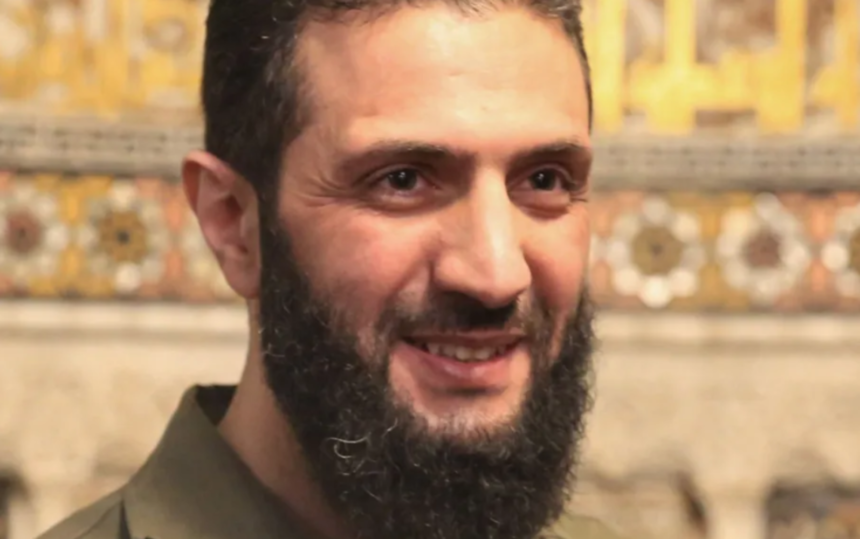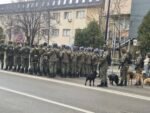In an exclusive interview with the BBC, Ahmed al-Sharaa, the de facto leader of Syria following the recent fall of Bashar al-Assad’s regime, stated that the country is exhausted by years of conflict and no longer poses a threat to its neighbors or to the West.
Sharaa, who leads the Hayat Tahrir al-Sham (HTS), the dominant group in Syria’s rebel alliance, was speaking in Damascus just days after overseeing the offensive that toppled Assad’s government. In the interview, he called for the international community to lift the sanctions imposed on Syria, describing the country as worn down by war and seeking a path to recovery.
He also made a bold assertion regarding his group, which has been classified as a terrorist organization by the UN, the US, the EU, and the UK, primarily due to its origins as a splinter faction of al-Qaeda. Sharaa argued that HTS should no longer be labeled as such, asserting that his group has distanced itself from its radical past.
“We do not target civilians or civilian areas,” Sharaa said. “We consider ourselves victims of the crimes of the Assad regime, and victims should not be treated the same way as the oppressors.”
Sharaa, who was previously known by his wartime pseudonym Abu Mohammed al-Jolani, emphasized that his group does not aim to turn Syria into a version of Afghanistan. He drew a distinction between the two countries, citing the different societal structures. “Afghanistan is a tribal society, whereas Syria has a different mindset,” he explained, stressing his belief in women’s education and a more progressive future for Syria.
The leader of HTS maintained a calm and composed demeanor throughout the interview, wearing civilian attire as he attempted to reassure those skeptical of his group’s shift away from extremism. He rejected accusations that his faction had failed to break with its violent and radical history.
However, many Syrians remain unconvinced. The future actions of Syria’s new rulers in the coming months will be crucial in determining the direction the country will take and the nature of the governance they will establish. The world will be watching closely to see if Sharaa’s promises of change and moderation materialize, or if Syria will remain locked in the legacy of conflict and extremism that has defined much of its recent history.







